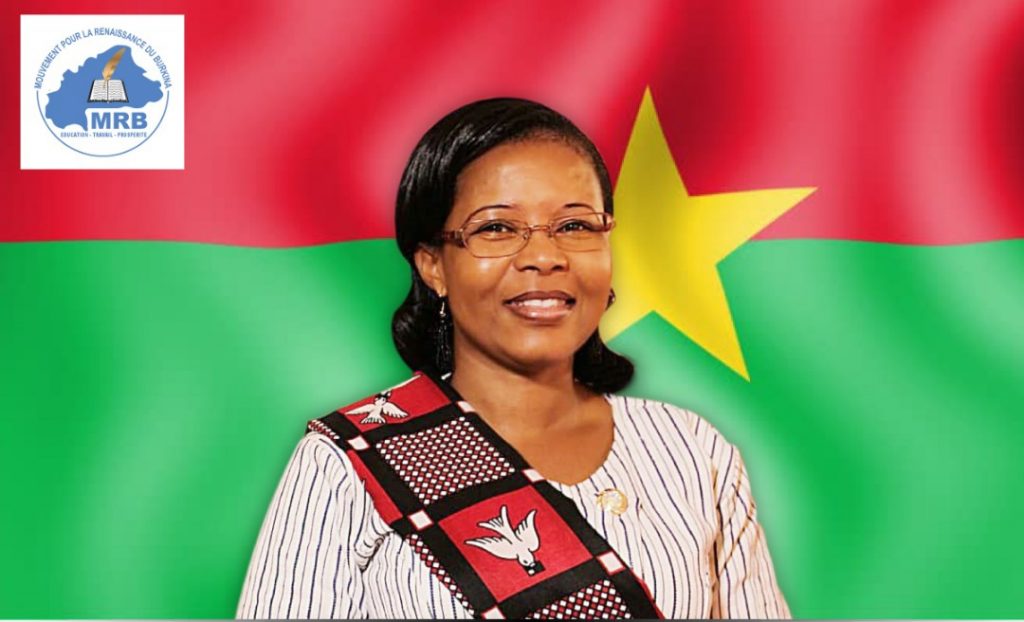
Yeli Monique Kam, the only woman among the 12 candidates challenging Burkina Faso’s President Roch Marc Kabore in elections on Sunday, did not set out to create her own political party.
But when the male-led parties she has worked with for the last decade refused repeatedly to pick her as a parliamentary candidate, she felt she had no choice.
The 47-year-old, only the second woman to run for the presidency of Burkina Faso, said she was motivated by a desire to boost girls’ education and get more women into public service – something she sees as key to progress
“I was prohibited from asserting myself,” Kam said of her efforts to break into politics.
“Men give us the positions they want to give, they don’t systematically put us forward, they don’t value us,” she told the Thomson Reuters Foundation in an interview ahead of Sunday’s presidential and legislative elections.
Worsening insecurity is the main issue in the Nov. 22 election, which analysts say Kabore is the favourite to win, though he may not achieve the 51% of votes needed for a first-round victory. Kam is not among the frontrunners.
In recent years, violence by militant groups with links to al Qaeda and Islamic State has led to the deaths of hundreds of soldiers and civilians and stoked ethnic conflict, forcing more than a million people from their homes.
Even before the recent violence Burkina Faso was one of the world’s poorest countries and women and girls bear the brunt.
Just one in three women can read and write, compared with 50% of men, according to the United Nations, and they are underrepresented in decision-making positions.
Currently, 15 of Burkina Faso’s 127 parliamentary seats are held by women.
A new law requiring 30% of each party’s election candidates to be female was introduced this year, but the National Independent Electoral Commission said just 23 out of more than 100 parties had complied.
‘NOT VALUED’
In 2012 Kam, who runs her own insurance brokerage, set up an organisation to improve education and training in Burkina Faso, seeking to bridge the gap between employers’ needs and the skills young people have.
This year, she transformed that organisation into a political party, the Movement for the Revival of Burkina, having decided she could be more effective in frontline politics after many years of working behind the scenes.
“I was an activist in political parties where I worked as a coordinator, this was a behind the scenes role where we tried to recruit activists. But when time comes to place us on the lists, (women) are not valued,” she said.
The United Nations Development Program (UNDP) is trying to strengthen women’s presence in politics and has coached 400 female candidates on public speaking and presentation techniques ahead of the polls.
Women’s rights groups say things will only start to change when women are given access to positions of power.
“The belief that women cannot lead and be at the forefront has to change, the belief the political arena is not meant for women needs to change,” said Nadine Kone, country director for Diakonia, a Swedish human rights organisation.
At a campaign rally in November, President Kabore pledged to empower women and young people by creating jobs and boosting the private sector.
But Kam said she was fed up with years of empty promises.
“Since independence, our country has been run by men and the result is all of these crises, the unrest, the poor state of our education system (and) the disastrous economy,” she said.
“Today, change will take place through women.”
Photo Credit : Google Images

